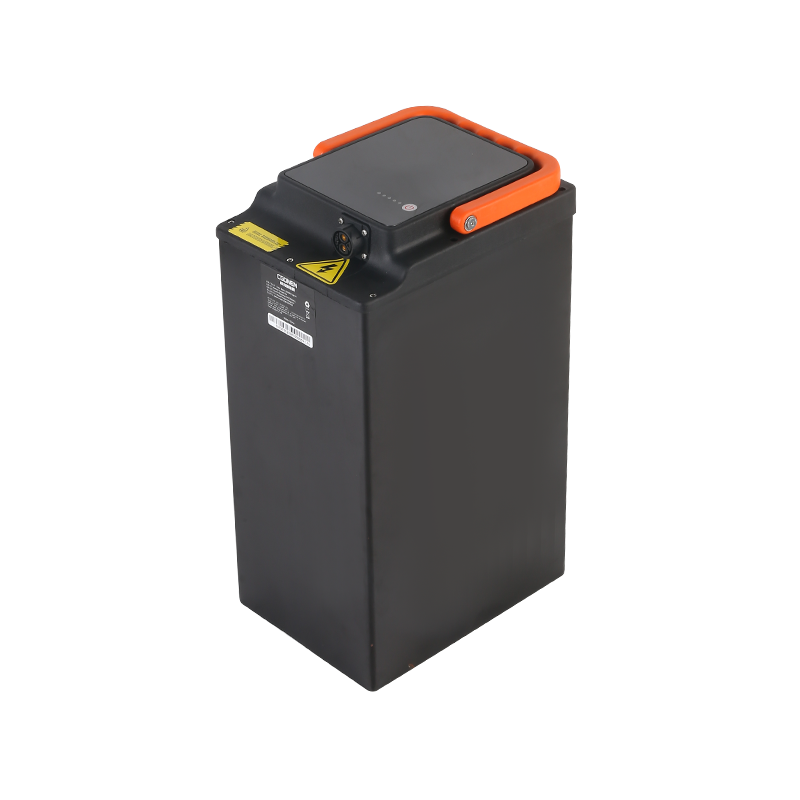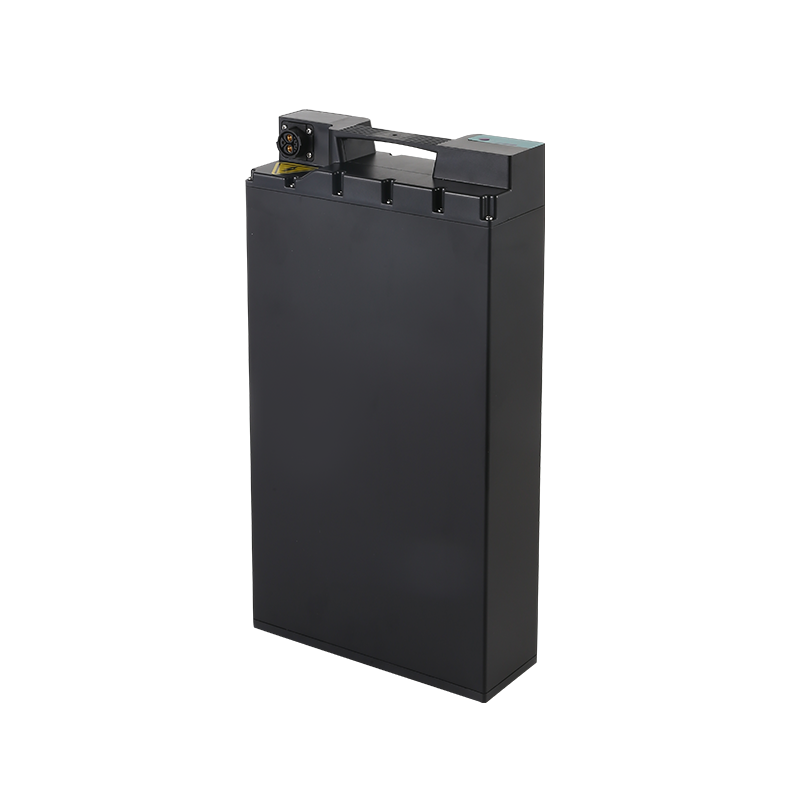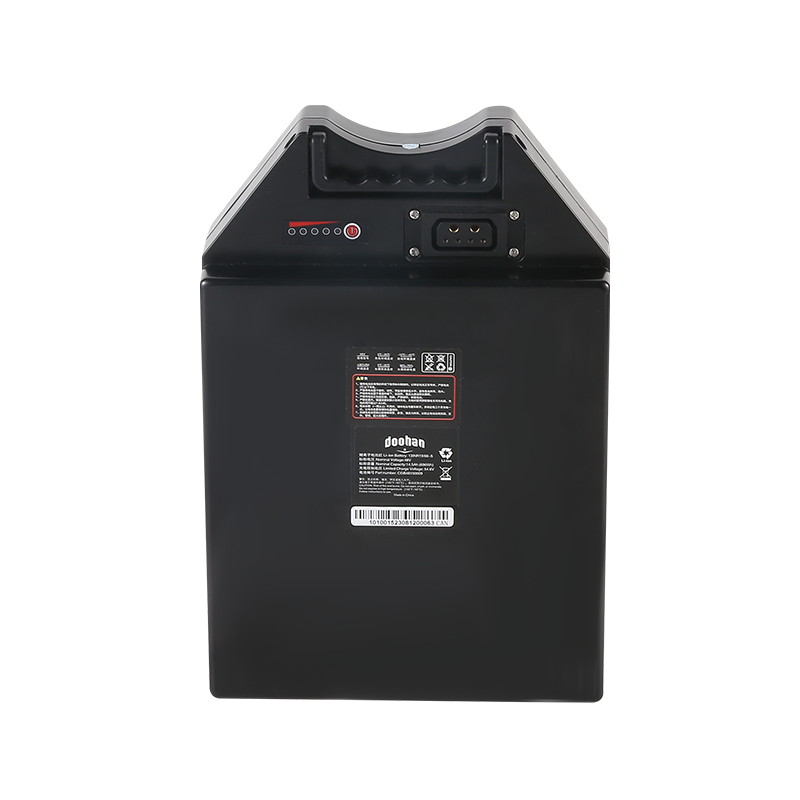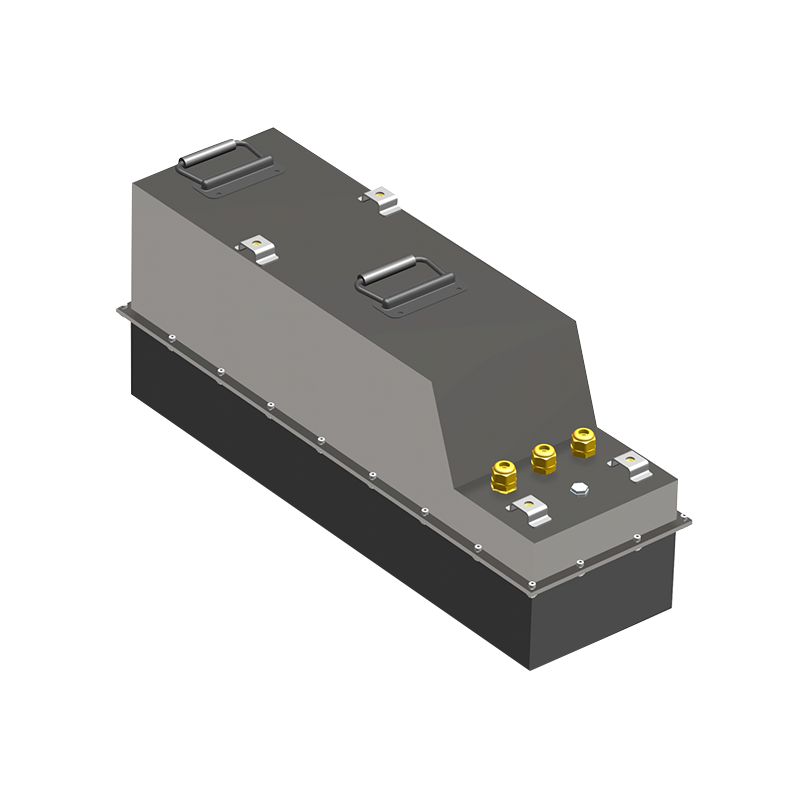Web Menu
Product Search
Exit Menu
The Building Blocks of Prismatic Cell Modules
China Supply Prismatic Cell Module Manufacturing Producer Maker
Prismatic cell modules are a type of rechargeable battery cell that is typically composed of lithium-ion or other advanced chemistries. They are named for their prismatic shape, which is a flat, rectangular form that contrasts with the cylindrical shape of other common battery cells. This design allows for greater flexibility in packaging and integration into various devices and systems.
The construction of a prismatic cell module involves several key components:
Electrodes: The positive and negative electrodes are where the chemical reactions that store and release energy take place.
Separator: A thin, porous material that prevents the electrodes from coming into direct contact, which would cause a short circuit.
Electrolyte: A medium that allows ions to move between the electrodes, facilitating the flow of electricity.
Current Collectors: These are typically made of metal and provide a path for the electrical current to enter or exit the cell.
Cell Housing: The outer casing that protects the internal components and provides structural integrity.
Advantages of Prismatic Cell Modules:
Customizability: The flat design of prismatic cells allows for easy customization of size and capacity to fit specific applications.
Safety: The prismatic shape and construction can provide better thermal management and reduce the risk of thermal runaway, a safety concern in some battery chemistries.
Efficiency: The compact arrangement of components can higher energy density and improved efficiency in energy storage and delivery.
Modularity: Prismatic cells can be easily stacked or connected in series or parallel to create modules of various voltages and capacities, making them highly adaptable for different energy needs.
Longevity: With proper management, prismatic cell modules can offer long cycle lives, making them a cost-effective solution for energy storage over time.
Applications of Prismatic Cell Modules:
Electric Vehicles (EVs): Prismatic cells are widely used in electric vehicles due to their high energy density and ability to be tailored to fit within the vehicle's design constraints.
Portable Electronics: In laptops, smartphones, and other portable devices, prismatic cells provide a compact and efficient power source.
Energy Storage Systems (ESS): For grid storage and renewable energy systems, prismatic cell modules offer a scalable solution for storing excess energy for later use.
Medical Devices: In portable medical equipment, prismatic cells provide a reliable and lightweight power source.
Industrial Equipment: Forklifts, automated guided vehicles, and other industrial machinery often use prismatic cells for their energy needs.
Despite their many advantages, prismatic cell modules also face challenges, such as the need for improved energy density, cost reduction, and enhanced safety features. Ongoing research and development are focused on addressing these issues, with innovations in materials, manufacturing processes, and battery management systems.
As the demand for efficient and sustainable energy storage solutions grows, prismatic cell modules are expected to play an increasingly important role. Advancements in technology and materials will likely further improvements in performance, safety, and cost-effectiveness, making prismatic cells an even more attractive option for a wide range of applications.
Prismatic cell modules represent a significant advancement in energy storage technology. Their versatility, efficiency, and adaptability make them suitable for a variety of uses, from powering our daily devices to supporting large-scale energy systems.
-

+86-13049701086
-

Stonehuang@CGONEN.com
-

No.88, Huji Road, Taizhou Bay Binhai New Area, Jiaojiang District, Taizhou City, Zhejiang Province, China











